It sounds nonsensical, but there are key, practical reasons why renewing a television or streaming series before it's even been aired is necessary. AppleInsider delves into the reasons.
Applehas given an early renewal to many of its Apple TV+ series before the service has even launched. See, For All Mankind, Dickinson and The Morning Show are all coming back for more when any or all of them could be flops. When advance reviews of some of them are less than ecstatic, including ours, it begs the question as to why. Our email boxes can attest to this question.
You know that Apple can do this, that it's capable of renewing early, because it's spending its own money and doesn't have to account to any other network or studio. But that's not the only reason.
Apple does not spend money needlessly. It's renewing these shows early because that's its best option.
Earlier than you think
Usually when a network renews a series, it's a genuine renewal in the sense that they had one season, now there's a separate decision to buy a second one. That's usually the case, but it isn't always.
Broadcast networks like ABC, CBS, and NBC don't tend to do this. Other, smaller networks are sometimes required to order more than one season at a time.
So right at the very start, when they make the big public announcement that they've ordered one season of such-and-such a series, privately they've ordered two. They're just keeping the second one quiet so that they can shout about it later and make a big deal of its "renewal." Some AppleInsider staffers saw this in our previous careers as media correspondents.
Apple is being upfront about how this is the case with The Morning Show. It's willingness to order three seasons of that show, and do so without a pilot try-out episode being made, will unquestionably have been part of the reason Reese Witherspoon and Jennifer Aniston's company signed with Apple.
Get the talent
Especially today, when in-demand television creatives have a lot more places they can sell their shows, it's important to attract and keep talent.
This is why AppleInsider was told that Apple had been aiming to get exclusive contracts with key people from the start. And it's why it's significant that, for the most part, it's failed to do so.
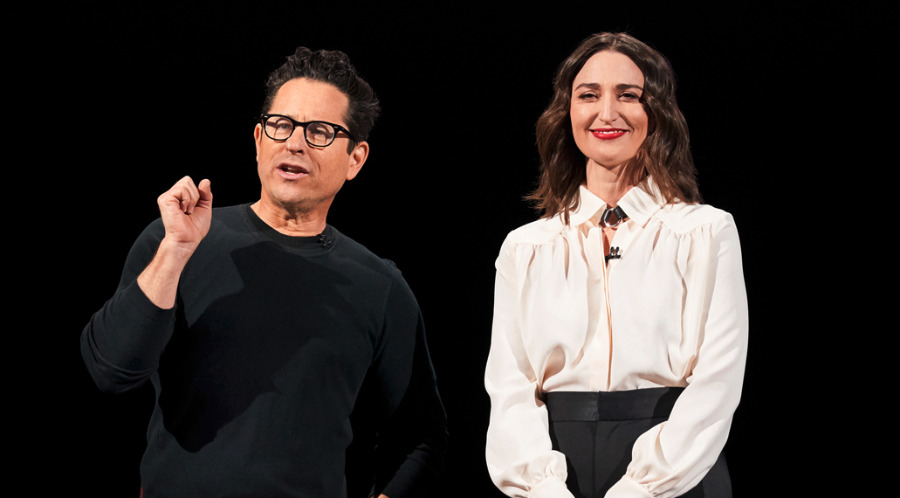 JJ Abrams turned down Apple's offer to buy his production company, but is still making "Little Voice" with Sara Bareilles for it.
JJ Abrams turned down Apple's offer to buy his production company, but is still making "Little Voice" with Sara Bareilles for it.You have to make a very compelling offer if you're to attract talent, whether that's exclusively or even at all. Money is certainly a factor, but if two studios are offering you the same amount of money, there has to be more to it.
These other factors are so key that they matter even if the two studios are not offering the same cash. This is why JJ Abrams turned down Apple's half a billion dollar offer for his production company and instead went with an alternative offering much less.
Oprah Winfrey will also have had her choice of where to go, but while we can assume Apple is paying her well, she's been quite upfront about why she picked them. Like or hate Oprah, there's no denying that her "they're in a billion pockets, y'all," exclamation is the shortest and most accurate summary of why anyone goes to Apple TV+
Keep the talent
By spending this money to renew early, Apple is getting some specific benefits and it's taking some particular risks. But most of all, it's contributing to its future success.
Apple is telling producers that this is a studio which will back creatives and make an environment where they can do the work they want to. If you are a television creative, you want to earn money, but you also want your creation to be the best it can, to reach the most people it can, and usually to run for as long as possible.
There are shows that failed on one network but were saved by another one and became hits. JAG was a flop on NBC in 1995, but became a nine-season hit on CBS. Its failure on one network led not only to success on another, but a subsequent three spin-off series, of which one, NCIS, is currently in its 17th season. And, you can buy all of it on iTunes, if you're so inclined.
However, cases like this are extraordinarily rare, and if, for instance, Apple TV+ cancelled "For All Mankind" after the first episode, it would almost certainly be dead.
Consequently, if you are creator and showrunner Ronald D. Moore, you want more than a promise of a great paycheck for the first episode. You want to believe that your show has a future there.
Apple didn't get exclusive deals with talent at the start, but it did attract a lot of great people and they must feel that this is a good place for their shows. Making those people feel like this is the place for them is one thing. Making multi-season deals is another.
It still doesn't explain why Apple didn't just wait until the first season of these shows had aired. In some cases, Apple couldn't wait.
Lock in the talent
When Tim Cook stands on stage and announces that the new iPhone is the best one they've ever made, he already knows specifically how next year's one will be better. He knows because Apple is already working on it, and Apple is already working on it because it has to. In order to make that annual release cycle, Apple has to be working ahead.
There's an element of this in television because you don't want too big a gap between seasons, and it takes time to produce, write and finish episodes.
However, if Apple didn't get ahead with its iPhone plans, it's not as if an aluminum supplier would take a better offer and go with a car company instead.
Whereas, if you leave a gap between television seasons and you neither tell the talent nor have them bound to contracts, you will lose them. Whether you're a writer or an actor, you've got to eat, and you know that you don't have a lot of time to make your name, so you can't wait.
And given how many people are involved in the making of any show, people crucial to it, there is no possibility that they'll all happen to be available when you get around to deciding you want more.
Practical benefits
Apple is practical. It knows all of this, or at the very least it's learned it during the negotiations with television people, and it knows the benefits. Renewing a show early has the practical advantage that it locks the cast and crew in to your deal before you lose them to somewhere else.
There can also be an element of amortizing costs, too. For instance, "For All Mankind" is about to start shooting its second series, and it's possible that it has kept some of its standing sets ready for that.
Even if those sets were struck, taken down in the studio and stored, it's cheaper to put them back up than it is to build a new set from scratch.
Similarly, if it seems expensive to renew a show, Apple is going to have to keep spending money on some series — and it's cheaper to renew one than it is to develop another from the start. It's quicker, too, as the development is already done and the writers can go into creating the next episodes right away.
There is also the fact that if a show suddenly takes off, is an incredible hit, then your cast and crew are going to be fielding offers everywhere. Grab them early, and especially contract them for a long run, and you'll save money.
This is why so many broadcast shows tend to run for seven seasons. The cast and occasionally some key crew, sign up for a six-year run when they're making the pilot. It's often a six-year contract with an option for a seventh year.
That seventh year comes at a cost because now the cast are free to renegotiate. And an eighth year sees them renegotiating even more. The Big Bang Theory went to twelve seasons, and CBS paid an extraordinary amount for those last years.
Risks
So Apple has good reason to spend money early, but there are risks as well. Apple will have made its decision and its deals to renew not only before the shows air, but before the first reviews came out too.
It's not as if it made the decisions blindly, but it's close to that. You cannot know if a show will be a success until it airs and you find out.
The risk for Apple is not that there will be failures, but rather that it's extremely hard to get viewers to come back to a show they didn't like. You can rework a show, you can bring in new people, but it's still a big sell trying to get an audience to come back.
That's why in traditional network television, once an audience dips, the show is dropped like a stone. The networks know people will not come back and, moreover, so do advertisers.
It's so certain an audience is lost forever that networks will eat the cost of ten or more completed episodes rather than air them to low advertising ratings. But Apple is not beholden to advertisers. Apple can afford to let a show build up, or to take chances.
As viewers, we know that taking chances may be what gets us failures, but it's also what gets the greatest new shows.
Apple's core problem
And Apple needs to be seen to be taking chances. More than any news of million-dollar deals with actors, or a billion dollar investment in television production, the real concern about Apple TV+ has been much smaller, much quieter.
Again and again, we've heard of Apple interfering in shows. Creatives have left because of it, and rumors persist of Tim Cook giving notes to showrunners.
You can argue that Apple's paying for these shows and it knows what it wants, but creative interference is the reddest of all red flags in television. Based on our reviews, it doesn't seem like those claims of interference are legitimate, but once a rumor spreads, it can be hard to clamp down.
As broadcast television has seen its viewership decline because of all the cable companies and then streaming channels, it's chosen to play safe with talent it acquires, and show it commissions.
That's why television creators go to non-broadcast channels, and the shows they make there are why viewers go to them as well.
Creators would leave Apple TV+ if the service isn't a place they can do their best and be supported even when starting up is tough, aggravated by poor reviews. Especially when there are increasingly more alternative places to go.
Apple is spending millions on renewing shows we haven't seen yet, but what it's really doing is making a necessary investment in the future of the entire service.
Keep up with AppleInsider by downloading the AppleInsider app for iOS, and follow us on YouTube, Twitter @appleinsider and Facebook for live, late-breaking coverage. You can also check out our official Instagram account for exclusive photos.
 William Gallagher
William Gallagher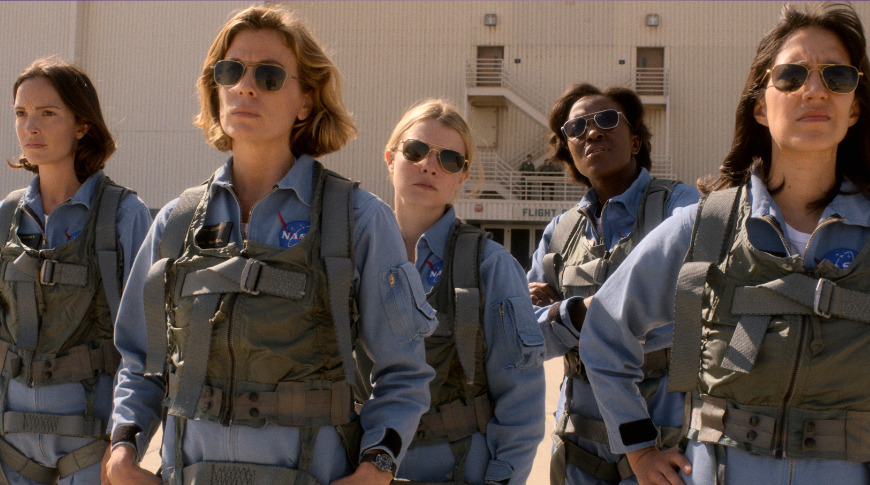
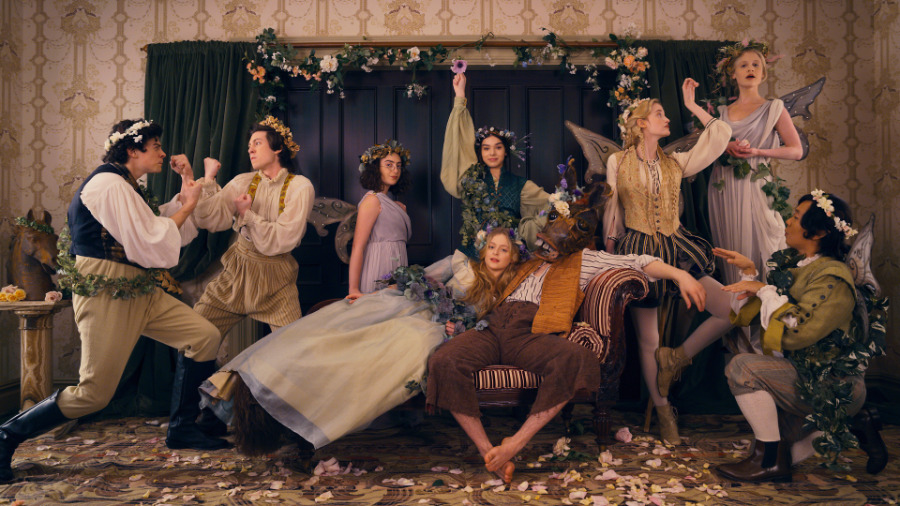

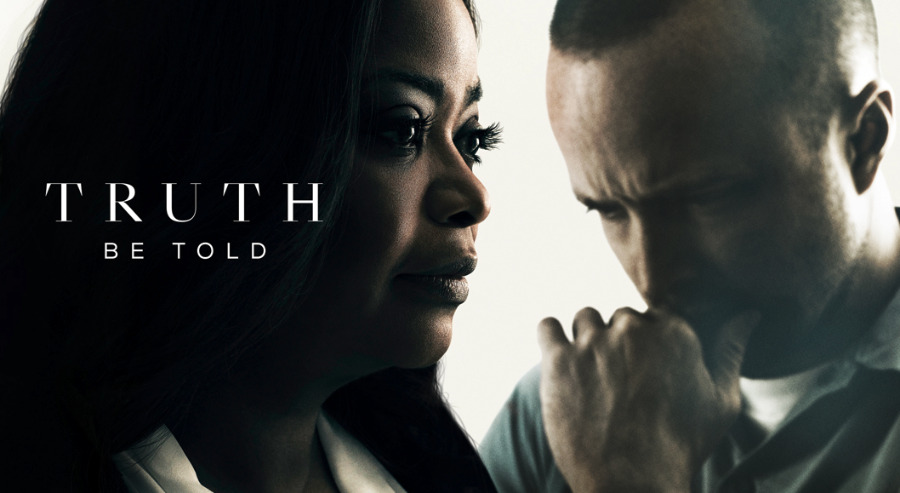

-m.jpg)






 Malcolm Owen
Malcolm Owen
 Andrew Orr
Andrew Orr
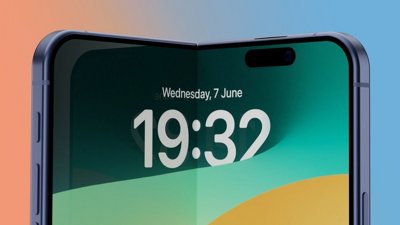
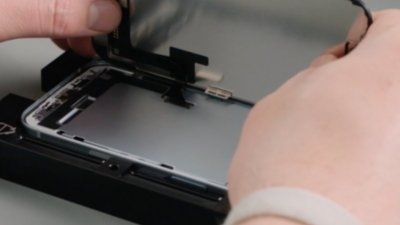
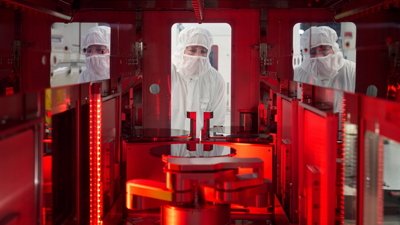

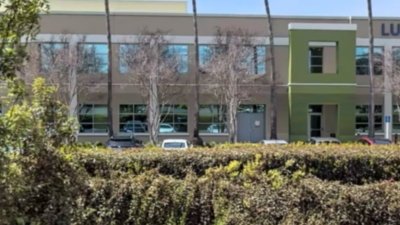
 William Gallagher and Mike Wuerthele
William Gallagher and Mike Wuerthele


-m.jpg)






7 Comments
Apple doesn't have to worry about how 'to get an audience to come back' for a specific show because its revenue flow is not dependent on that specific show. It needs only to have the audience stay with AppleTV+ and so it offers a variety of selections to entice the viewer. It's the Campbell Soup theory where you're not dependent on the Chicken Soup only but have all other soups to entice. If the Morning Show fails to be a draw, it will be a placeholder for 3 season while another series is developed. That is the difference between the cable streaming format and the TV channel model. The former offers a buffet while the later a fixed menu.
Kudos to Mr. Gallagher for gamely taking on this complex topic, and with some success. I fear, however, that his summary is unduly complicated. Among his numerous valid observations, here are the critical points:
- Apple is new to the entertainment business and while they've hired excellent people, the creative community and their army of agents are understandably skeptical that Apple+ will succeed and/or establish a brand that will benefit their own brands. Speaking of which, what exactly IS the Apple+ brand? It's not a network. It has no linear program option where on air "image" promos can define its look, feel and style. So far it appears to be a premium addition to iTunes that offers additional channels through a clunky interface.
- Gallagher is correct that Apple agreed up front to multiple seasons of key shows with plans to announce their "renewal" as if that decision was a based on early quality or ratings. This will only be revealed if and when Apple publishes actual numbers of viewers --- something Netflix still refuses to do. While a genuine "hit" is always preferable, Apple's ability to self-finance from its dormant cash pile allows the luxury of treating Apple+ as a customer benefit for purchasing Apple devices. We shall see.
- What REALLY remains to be seen is whether and how Apple will tolerate and respond to the inherent insanity of show business where, as screenwriter William Goldman put it, "Nobody Knows Anything" about what actually makes a hit. Audience research and algorithms can mitigate risk to a small extent, but predicting success is simply not possible. Moreover, Apple has yet to experience a protracted public battle with an actor, director or other "creative" who goes crazy and begins to attack Apple in public. Whether the "issue" is "creative differences" or a celebrity meltdown, this is wholly different from conflicts in the tech world where even key employees are demonstrably replaceable. Engineers don't maintain direct social media contact with millions of fans.
I think Tim Cook and company should be careful not to over-promise and admit that Apple+ is a work in progress --- no longer a hobby but a shared learning experience where viewer comments play a vital role.
Everyone who hasn't seen these shows say they suck so I'm confused....
/s